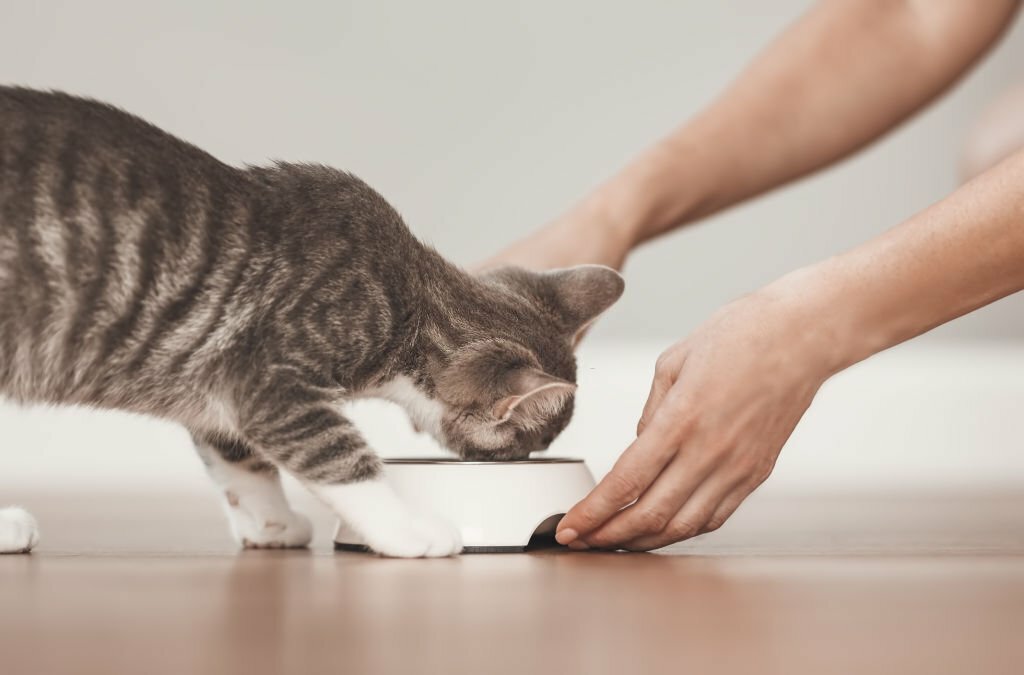Cats are notorious for their curious nature and love for exploring new flavors. One culinary concoction that may pique their interest is lemon-pepper tuna. But can cats eat lemon pepper tuna? In this article, we’ll delve into this intriguing topic, exploring the safety and potential risks associated with feline consumption of this zesty fish dish. Let’s find out if your feline friend can join you for a seafood meal!
Can Cats Eat Lemon Pepper Tuna?
When it comes to feeding your cat, it’s essential to be cautious about their dietary choices. Lemon pepper tuna is a flavorful and aromatic dish, but is it safe for your feline companion? Let’s break it down:
The Good News
- Protein Source: Tuna, in general, is a great source of high-quality protein, which is essential for your cat’s overall health and well-being.
- Omega-3 Fatty Acids: Tuna contains omega-3 fatty acids, which can benefit your cat’s coat and skin.
- Palatability: Many cats are attracted to the strong aroma and taste of lemon pepper tuna, making it a potential treat.
The Concerns
- Sodium Content: Tuna, especially when seasoned with lemon and pepper, can be high in sodium. Excessive sodium intake can be harmful to cats.
- Mercury: Tuna, particularly larger species, may contain higher levels of mercury, which can be toxic to cats over time.
- Spices: The seasonings used in lemon pepper tuna, such as garlic and onion, can be toxic to cats.
To ensure your cat’s safety, it’s best to consult with your veterinarian before introducing lemon pepper tuna into their diet. Your vet can offer guidance based on your cat’s specific health needs.
Safe Alternatives for Your Cat
If you’re eager to treat your cat to a seafood experience, consider these alternatives:
1. Plain Cooked Tuna
Pros:
- Low in sodium
- High in protein
- Palatable for most cats
Cons:
- Mercury content (in moderation)
2. Canned Cat Food
Pros:
- Specifically formulated for feline nutritional needs
- Wide variety of flavors
- Balanced nutrients
Cons:
- Some brands may have lower-quality ingredients
3. Homemade Cat-Friendly Tuna Treats
You can create homemade cat treats using canned tuna that doesn’t contain harmful seasonings. This way, you can control the ingredients and ensure your cat’s safety.
Conclusion
In the quest to unlock the mystery of cats and lemon-pepper tuna, it’s essential to prioritize your feline friend’s well-being. While lemon pepper tuna may seem tempting, it carries potential risks due to its high sodium content and seasonings. When treating your cat to a seafood delight, opt for safer alternatives like plain cooked tuna, canned cat food, or homemade cat-friendly tuna treats. Remember to consult your veterinarian for personalized dietary advice, ensuring that your beloved pet enjoys a healthy and delicious diet.



